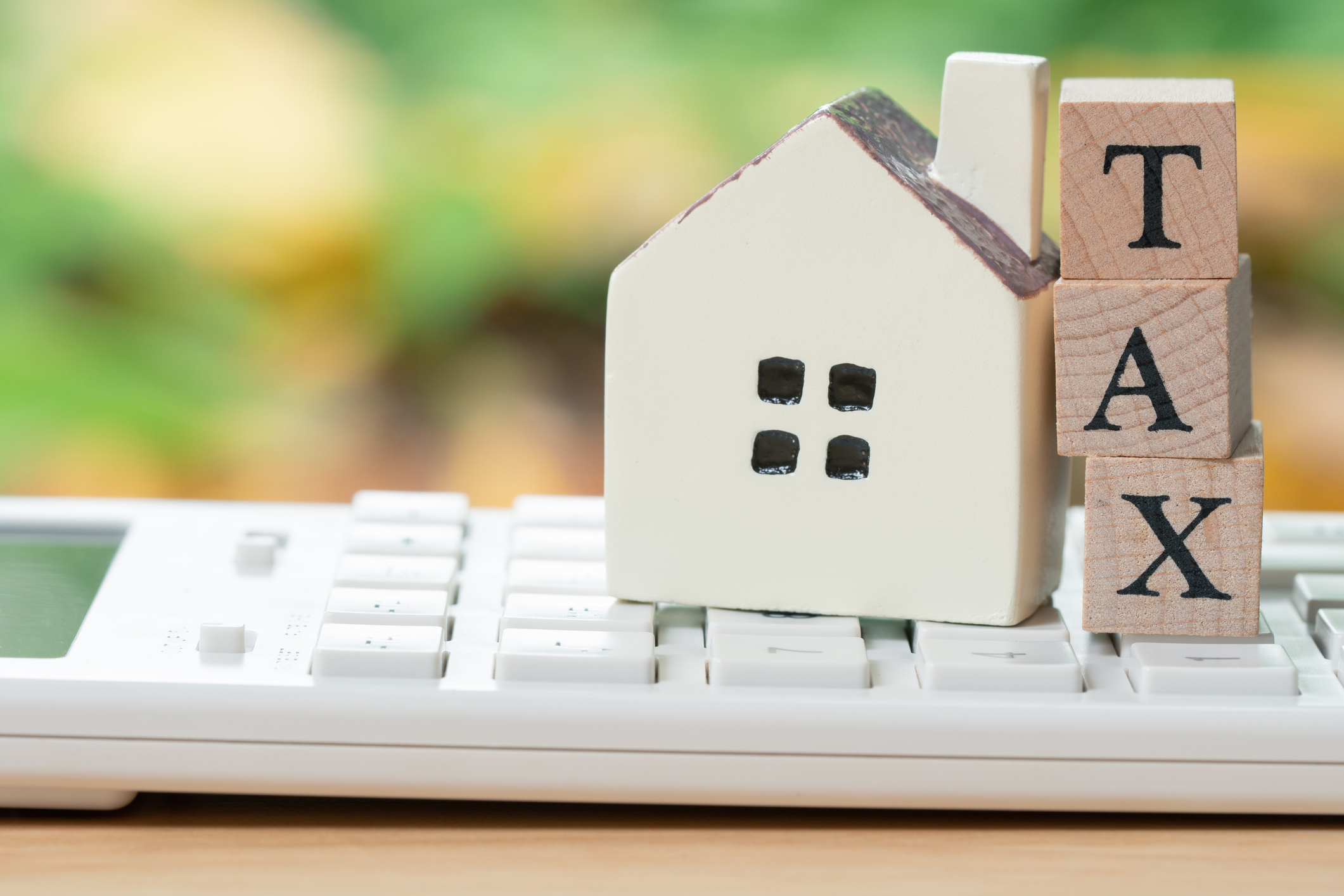
Date posted: 13th Apr 2023
Under English law, there are two ways in which property can be owned jointly – as joint tenants or as tenants in common.
The way in which a joint property is owned can have tax implications.
Joint tenants
Where a property is owned by two or more people as joint tenants, they collectively own the whole property, rather than each individual owning a particular share. If one of the joint owners dies, their share automatically passes to the surviving joint owner(s) rather than via their Will.
Tenants in common
Where a property is owned jointly as tenants in common, each person owns a specified share of the property. On their death, their share is passed on in accordance with their Will or, where there is no Will, the intestacy provisions. It does not automatically pass to the surviving tenants in common.
Income tax
The income tax implications where property is owned jointly depend predominantly on the relationship between the owners and whether or not they are married or in a civil partnership.
Where the joint owners are not married or in a civil partnership, income from the property is normally allocated according to ownership shares – equally where the property is held as joint tenants and in relation to actual ownership shares where the property is held as tenants in common. However, the owners can choose to override this and split the income in such a way as is agreed between them. Each owner is then taxed on the income that they actually receive.
However, if the owners are married or in a civil partnership, regardless of how the property is owned or the actual beneficial ownership, the default position is that any income arising from the property is treated for tax purposes as arising to them equally. This will not always be optimal from a tax perspective.
If the property is owned as tenants in common in unequal shares, the couple can elect (by making a Form 17 election) for the income from the property to be allocated for tax purposes in accordance with their actual beneficial shares. Should they wish to change their ownership share, they can take advantage of the no gain/no loss rules to do this without triggering a capital gains tax liability. The option to make a Form 17 election is only available where the property is owned as tenants in common in unequal shares. If the property is owned as joint tenants, the only permissible split is a 50:50 split. Spouses and civil partners buying an investment property should consider owning the property as tenants in common to provide the flexibility to make a Form 17 election where this is beneficial. Where the property is owned as joint tenants, the ownership can be changed to tenants in common by severing the joint tenancy.
Capital gains tax
For capital gains tax, each owner is taxed on the gain in relation to their actual share. Where the property is owned as joint tenants, each owner is treated as having an equal share. If the property is owned as tenants in common, the gain attributable to each owner is determined by reference to their actual ownership share.
If you have any queries regarding property tax matters, please give us a call.



